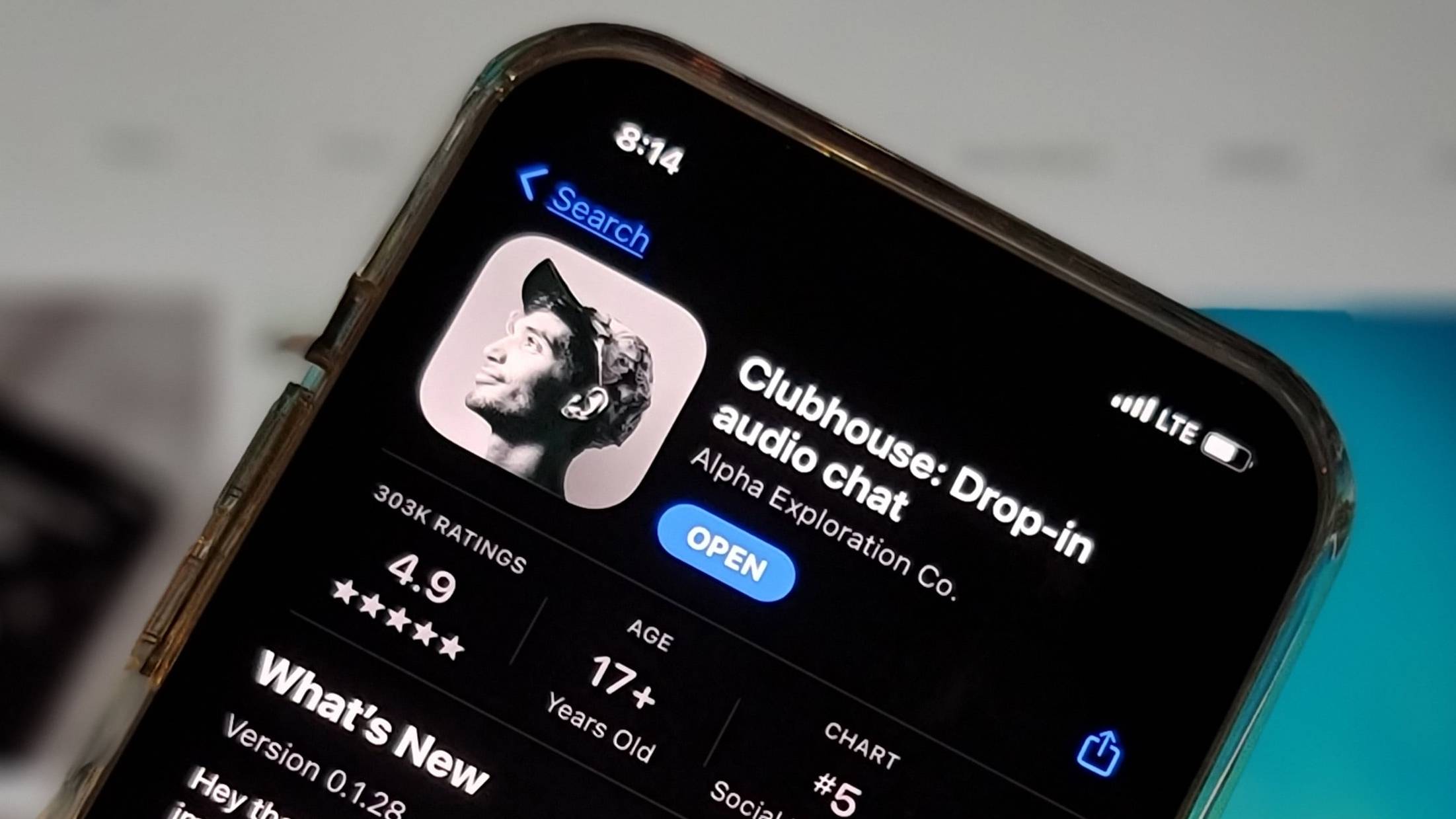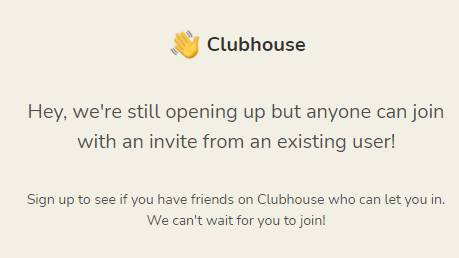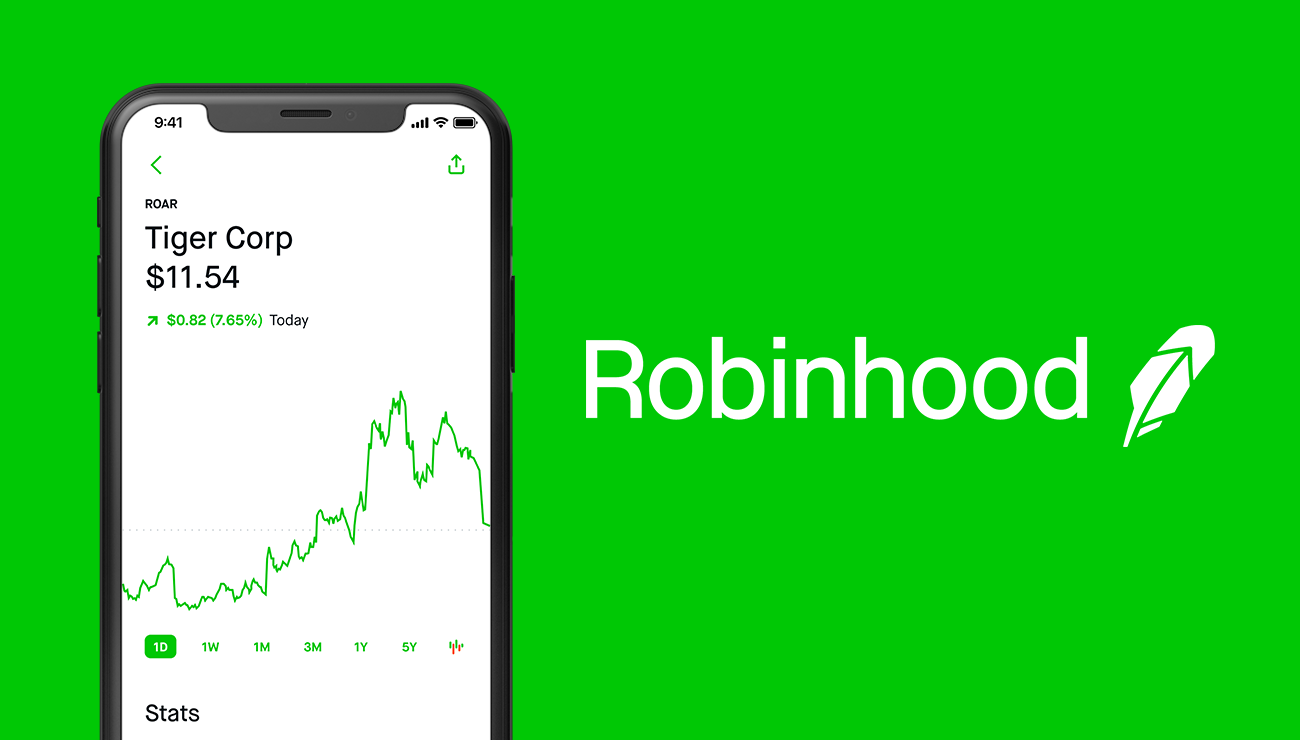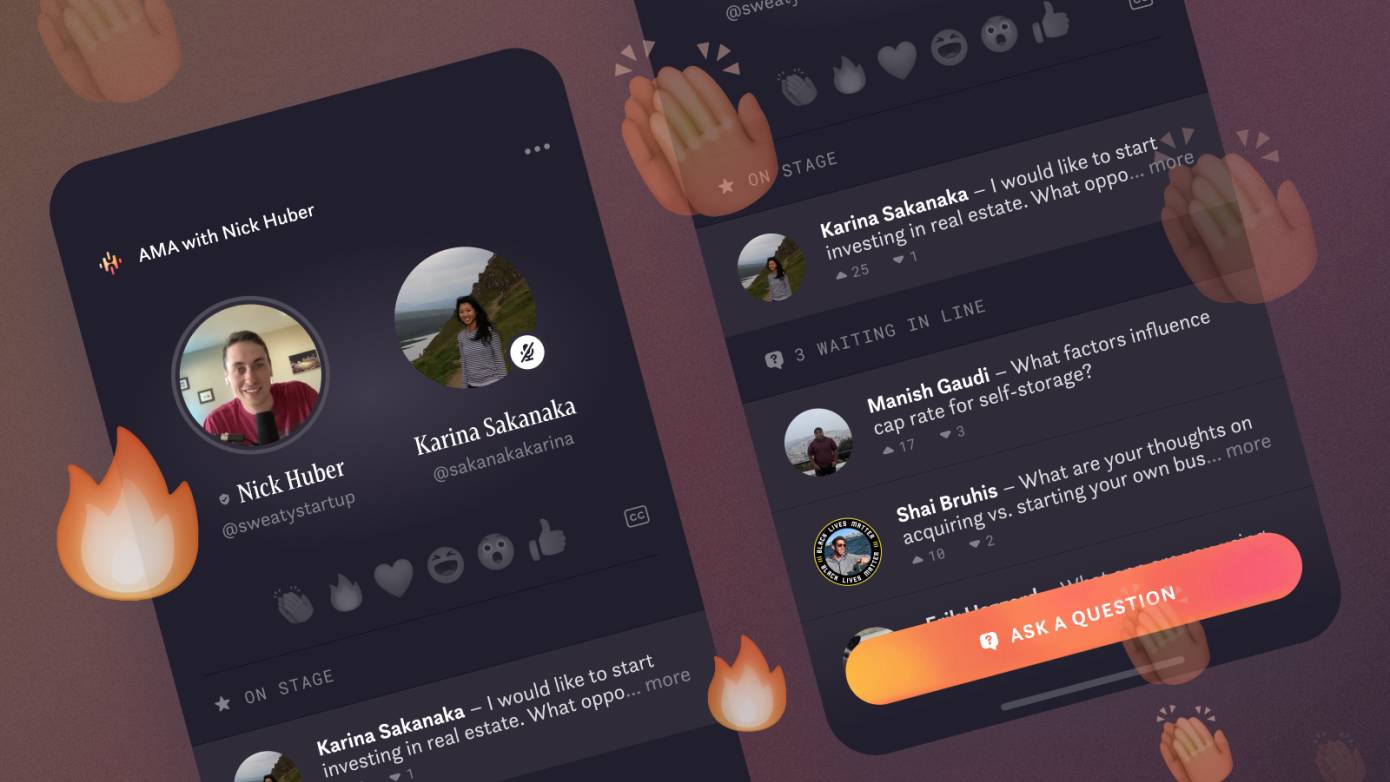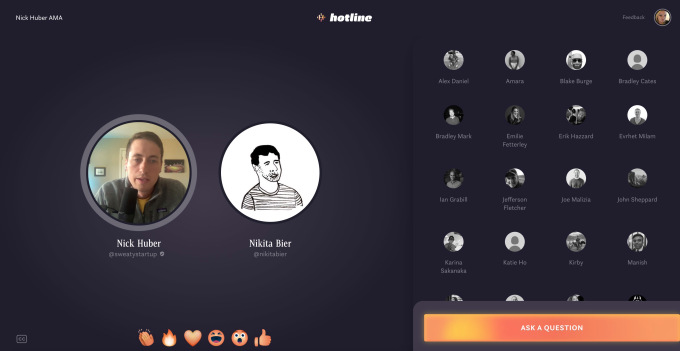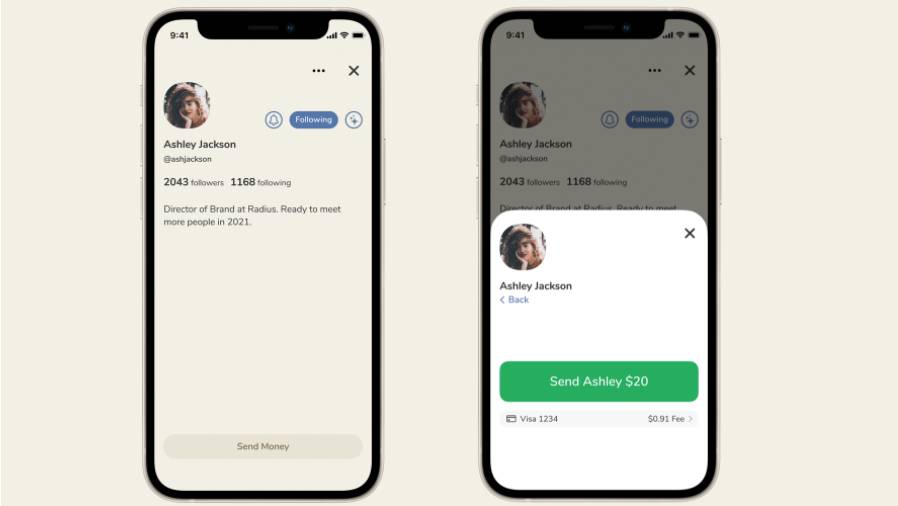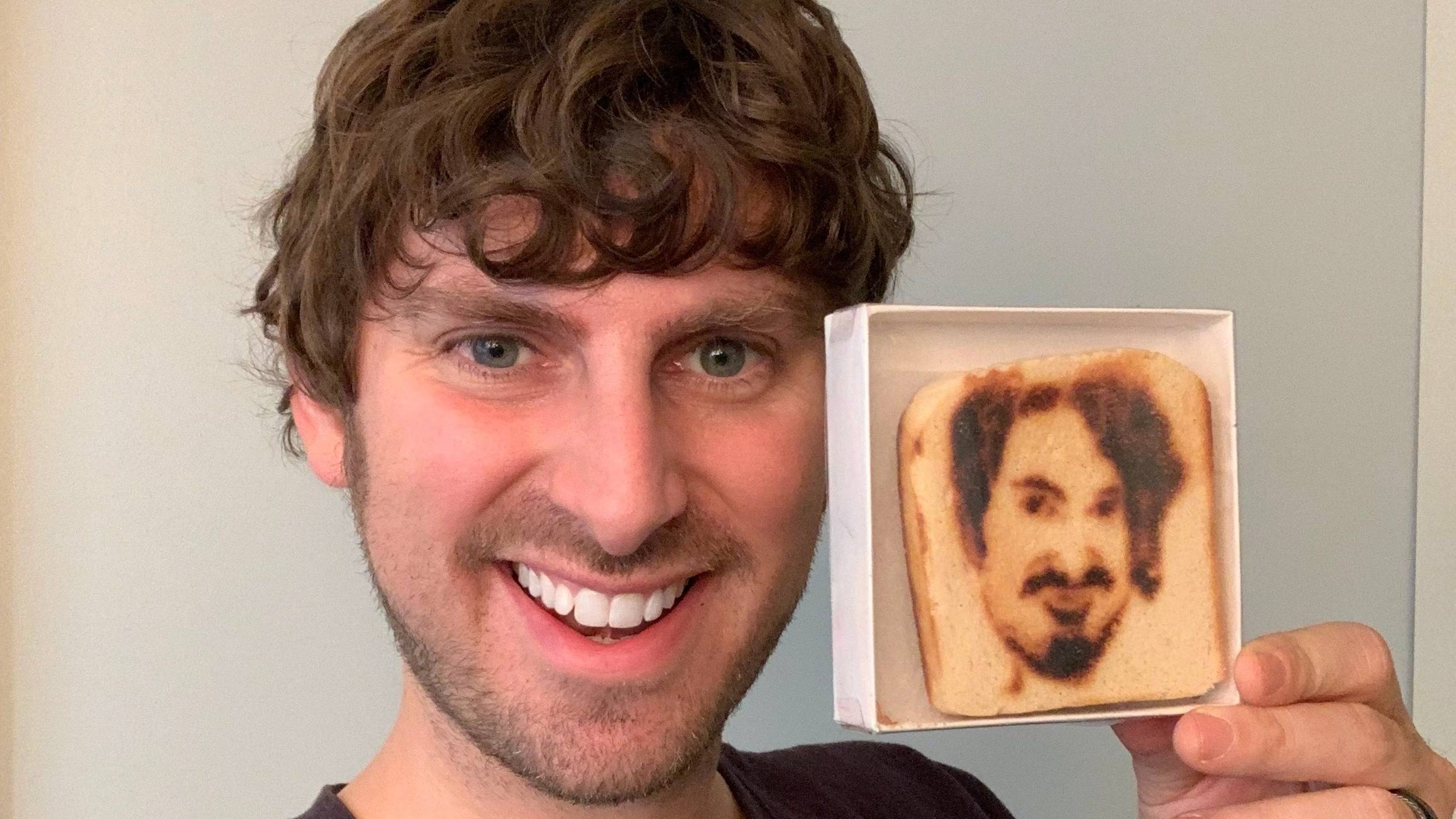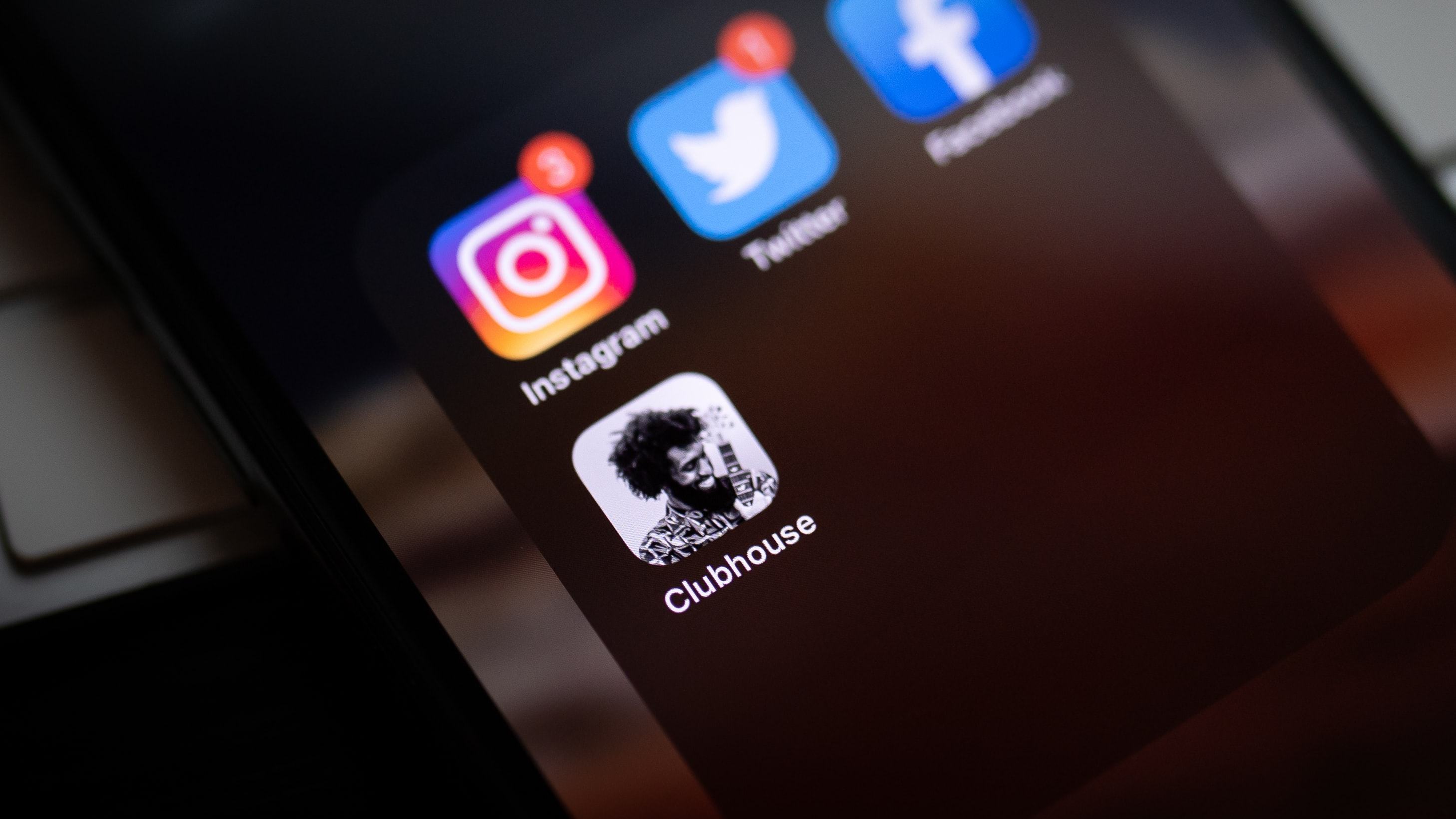What is Clubhouse and how it is changing social platforms for the better
It’s better to be a Clubhouse creator than be on OnlyFans — here’s why

Sign up to receive The Snapshot, a free special dispatch from Laptop Mag, in your inbox.
You are now subscribed
Your newsletter sign-up was successful
Clubhouse has been a hot topic for some time now. Since December 2020, the audio-only chat app has seen a surge in downloads with tens of millions of weekly listeners chiming in to hear what Tiffany Haddish, Jared Leto, and even Oprah have to say.
This meteoric rise of a fresh social network is astonishing considering the number of smartphone users who have no way of accessing the app. That’s right, not only is Clubhouse exclusively available on iOS devices, but the only way to sign up is to be invited by an existing member. Clearly, exclusivity sells. I even asked my colleagues their thoughts about not being able to use the app, to which they replied, “what’s Clubhouse?”
Only 27% of smartphone owners worldwide can access the drop-in audio app, according to Statista’s global mobile operating system market share statistics. Sure, the devs at Clubhouse stated they’re bringing the audio-based social platform to Android “soon,” but they seem to have other priorities in mind: creator programs and payments.
Clubhouse is making waves by bolstering its platform with creative personalities. In turn, it’s helping them be profitable by introducing its first monetization feature that lets users send payments directly. Here’s the kicker; 100% of the payment goes straight to the creator while Clubhouse gets nothing. That’s better than having an OnlyFans account since that subscription-based app takes a 20% cut of profits. It's high time the world falls in love with that wonderful voice of yours.
Is Clubhouse shifting the social media landscape toward pure audio? And if so, can it stay on top of its competition? First thing’s first, as some of us may still need to figure out...
What is Clubhouse?
Clubhouse is an audio-based network. Instead of text or video, communication is done purely through audio with chat room sizes ranging from a couple of people to up to 8,000.
The Clubhouse app officially launched in April 2020, starting out as just an insider means of communication for developers in Silicon Valley. But, like most things in Silicon Valley, the app slowly but surely reached mainstream enthusiasm. According to stat site backlinko, downloads from December 2020 went from 600,000 to a whopping 10 million as of February 2021. Clubhouse can thank famous faces (or voices) Elon Musk and Mark Zuckerberg for that.
The Clubhouse app was originally valued at $100 million in May last year, but is now valued at $1 billion as of February 2021. In fact, even outside the U.S., it is the most downloaded app in Germany, Japan, Slovakia, and Turkey.
While plenty of notable stars, including 21 Savage, Drake and Jared Leto are now part of the platform, Clubhouse gained mainstream attention when Elon Musk hosted an audio-chat on the app with Robinhood CEO Vlad Tenev on January 31. Since GameStop stock on Robinhood saw mass media attention, the interview added to the hype surrounding Clubhouse.
Sign up to receive The Snapshot, a free special dispatch from Laptop Mag, in your inbox.
Now Facebook is looking to build its own version of Clubhouse to compete with it, according to insider sources speaking to The New York Times. Companies as big as Facebook are always going to jump on the bandwagon when a new type of social media experience is trending. In fact, there are already clones of Clubhouse out there, one of which may threaten the app’s reign if it can successfully tap into other platforms. Speaking of which...
Is Clubhouse coming to Android?
The short answer: Yes, Clubhouse is coming to Android and it may be sooner than you think.
Clubhouse co-founder Paul Davison claimed in a Town Hall event in March 2021 that the platform will be coming to Android in a couple of months (via Business Today). We may see it as soon as May or June. Without a specific date to go by, however, we’ll take this claim with a pinch of salt.
Despite its millions of users, Clubhouse surprisingly isn’t finished yet. The team is still “working hard” to get the app ready for everyone. They set up the invite-only registration system to add people gradually, all to make sure nothing breaks. Or, so they claim. That exclusivity strategy has done well for Clubhouse so far, but there’s a new new app on the social media block, and it comes from Facebook.
Facebook’s New Product Experimentation (NPE) team released Hotline, a new audio and video chat platform. Unlike Clubhouse, however, Hotline is available for Android smartphone users too — not just iOS.
As reported by TechCrunch, Hotline is a web-based app that gives creators a platform to speak to their audience and answer any questions via text or audio. However, instead of being audio-only like Clubhouse, hosts have the ability to turn on their cameras during their Q&A sessions.
Facebook recently tested Hotline in a public beta test, with the first person to publicly try out the platform being notable real estate agent Nick Huber. According to TechCrunch, Facebook is looking for influencers and creators like Huber to offer professional advice in areas such as finance or real estate.
Facebook even confirmed that mobile app versions of Hotline are in the works. For now, people can sign up and join a waiting list via the web page (which seems to only be available in the U.S. after getting a message saying "Coming Soon!" when we tried it out in the U.K.).
Twitter has also played its hand in the audio social network landscape with Spaces. It may not seem too confident in its app, however, as Bloomberg reported that Twitter discussed buying Clubhouse for $4 billion. If anything, this shows how valuable the newcomer is.
Hotline isn’t the only Clubhouse competitor Facebook is pursuing, as another internal team is working on a different project to keep the ever-trending Clubhouse on its toes. Currently, Hotline and Spaces have a major advantage in the platforms they are available on compared to Clubhouse. The question is: what creators would flock to another audio platform now that they can get paid big bucks on Clubhouse?
How to make cash on Clubhouse
Those already signed up for Clubhouse will know it's more than just celebrities who make up the platform. Tiffany Haddish and Jared Leto may be among the most followed users on the platform, with 4.7 million and 4.3 million followers, respectively. However, you’ll also find American entrepreneur and software engineer Marc Andreessen with 4.4 million, investor and producer Chris Lyons with 4.2 million, and creative cultural strategist Jasmin Martin with 3.3 million (via the ClubhouseDB).
These personalities may be one of the biggest draws of the platform, but it’s the clubs that are making huge strides. There’s a club all about Instagram marketing secrets, another solely for buying Bitcoin, and one of the largest right now is the Womxn in Business which is committed to empowering diverse women in all sectors of business. Clubhouse is a formidable space for industry insiders and those who have a lot to say now have a chance to make a considerable profit.
Clubhouse rolled out its “Payments” monetization feature. This allows all users to start sending payments, although it's currently only being tested on a small group. Eventually, any creator will be able to receive 100% of the payments from their followers or audience members. It’s like getting donations on Twitch; there’s no limit to how much creators can get paid. So, how is it done?
- On the Clubhouse app, tap on the profile of a creator you want to support and tap "Send Money."
- You’ll be prompted to enter the amount you want to send the creator. You can make the payment using a credit or debit card.
- While creators will get all of the money you send, you’ll be charged a card processing fee that will go to Clubhouse’s payment processing partner, Stripe. As the app claims, not a single penny will go to Clubhouse.
So far, this is the only way for creators to get paid, which could potentially be a considerable sum of money depending on how generous a fanbase is. However, this is only the first of many monetization features coming to Clubhouse. If ad revenue or subscriptions start kicking off, careers revolving around the platform will be born. Only time will tell what we’ll start calling these Clubhouse creators (Clubhousers? Clubbers?).
Clubhouse’s “Creator First” Accelerator Program
If social media platforms such as YouTube and Twitter have taught us anything, being one of the first on the platform is a big advantage. Clubhouse knows this, and to give emerging creators an extra push, it introduced its first accelerator program for creators. Sadly, the deadline for submissions closed at the end of March this year. Chin up, as there could be more programs to follow.
TechCrunch editor Josh Constine, now a major Clubhouse name with more than 3.8 million followers, talked to Forbes about the program. He states in its early days, Clubhouse wanted to support creators to build independent businesses both on and off the platform. This led to the accelerator program, offering creators equipment such as an iPhone, iRig, and AirPods Pro to get them started.
The program also provided upcoming creators with promotion opportunities, support in building an audience, along with a monthly stipend and brand connections to begin a profitable business. The program indicates Clubhouse is looking to expand its group of influencers; names that will be synonymous with the brand like PewDiePie and YouTube or Charli D'Amelio and TikTok.
We’re not talking about influencers in the general sense of the term, though. Rather, creators who are accomplished in their field of work. The ones that tell us the tricks of their trade will gain the most attention — something we’re already seeing on the platform.
While Clubhouse is leaning toward helping these kinds of creators thrive, it’s also become a home for political debate. As reported by Al Jazeera, some are looking at Clubhouse as a place that promotes democracy. Presidential candidates and officials such as Iran’s Foreign Minister Mohammad Javad Zarif are using Clubhouse to discuss everything from internet censorship to their political stance — letting people be a part of discussions they would otherwise hear snippets of on the news or in a brief Tweet.
Over the past year, the audio app has created a new genre of social media, so to speak. “But radio and podcasting have been doing it for years,” we hear you say, but Clubhouse brings an active social aspect to the medium.
Bottom line
Clubhouse is taking flight, and it’s soaring without many of us even realizing it. It’s hard to believe such an app can do this without other devices such as Android or Windows being involved. Whether it's pushing social media toward purely being audio or not is a stretch. But much like how people flock to Instagram for pictures or think of TikTok when searching for videos, Clubhouse is the social media network for audio.
Without a doubt, Clubhouse will have a lot more competition coming its way. Facebook’s Hotline already threw a few punches, along with Twitter’s Spaces. Still, Clubhouse is looking to stay on top. With an Android app and further monetization features in the works, Clubhouse will still be the king of audio-based apps for months, and maybe even years, to come.

Darragh Murphy is fascinated by all things bizarre, which usually leads to assorted coverage varying from washing machines designed for AirPods to the mischievous world of cyberattacks. Whether it's connecting Scar from The Lion King to two-factor authentication or turning his love for gadgets into a fabricated rap battle from 8 Mile, he believes there’s always a quirky spin to be made. With a Master’s degree in Magazine Journalism from The University of Sheffield, along with short stints at Kerrang! and Exposed Magazine, Darragh started his career writing about the tech industry at Time Out Dubai and ShortList Dubai, covering everything from the latest iPhone models and Huawei laptops to massive Esports events in the Middle East. Now, he can be found proudly diving into gaming, gadgets, and letting readers know the joys of docking stations for Laptop Mag.
